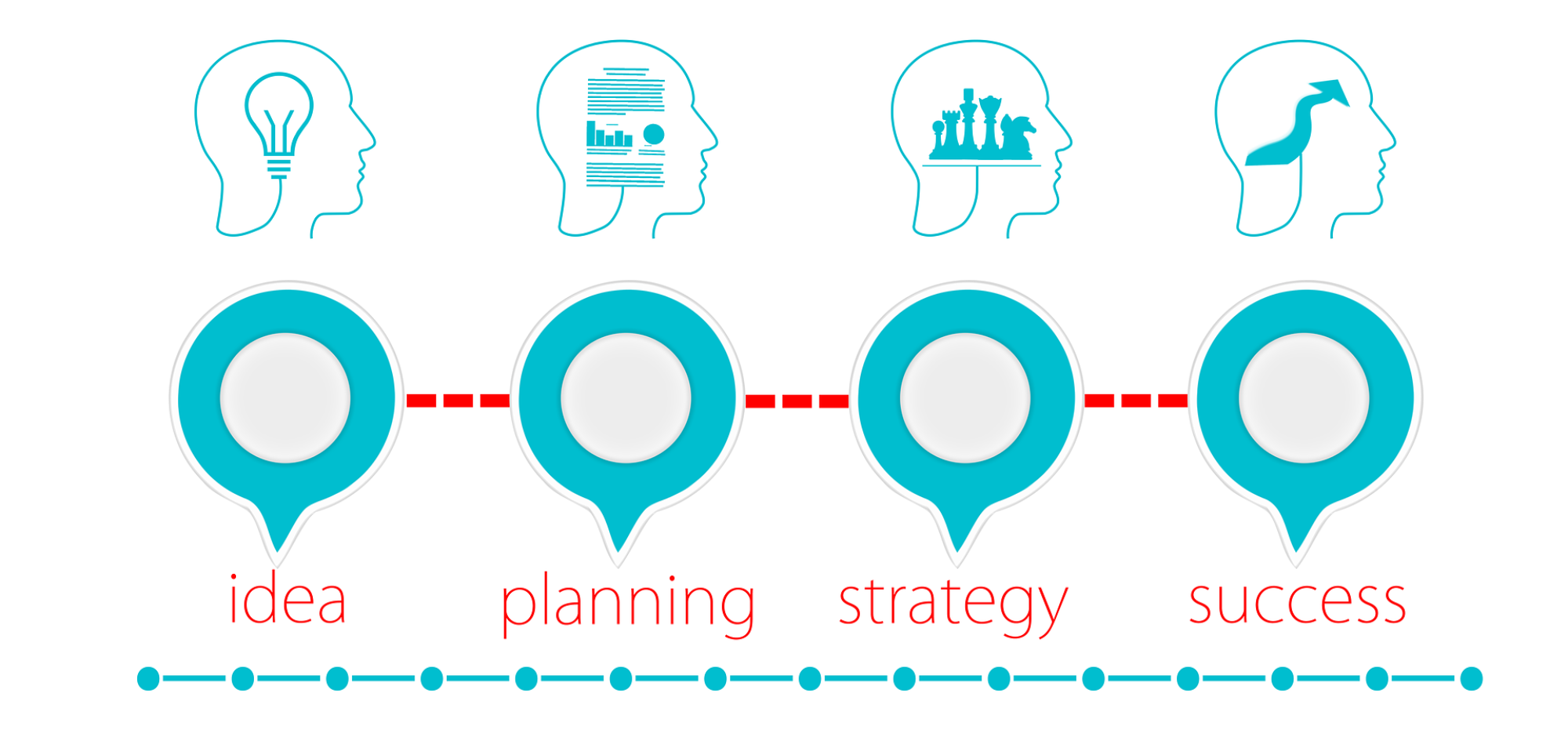It’s difficult to instill the habit of financial planning in young adults. When they volunteer to arrange their finances, however, they are unsure of where to begin. Here are some golden principles to follow when it comes to budgeting.
• Maintain A Careful Check on Your Spending
If you live paycheck to paycheck and run out of money before the end of the month, you’re most likely living beyond your means. Perhaps there are numerous unanticipated fees! As a result of these conditions, you may not have enough money to meet your most basic needs. There is, nevertheless, hope. Establish a budget. Without a budget, you won’t be able to manage your cash flow. A budget is just a list of how much money you expect to receive and how you want to spend it.

• Keeping A Personal Balance Sheet is a Good Idea
Knowing what you own and owe is easier with a personal balance sheet! It’s an effective strategy for advancing your financial situation. It’s a form that allows you to list your assets and liabilities, according to Joseph Stone Capital. Your net worth is calculated as the difference between your assets and liabilities.
Gather your bank statements and other proofs of the liabilities before you begin. Then, make a list of your assets, including your bank account, investments, home value, and other asset values. To calculate the overall value of your assets, add up all of your wealth. List your liabilities, including auto loans, home loans, credit card bills, and other balances. The value of the money you owe can get calculated by adding all of your liabilities together. Your net worth should ideally be positive, indicating that the amount of money you own exceeds the amount you owe.
• Use Extra Funds Wisely
Your financial destiny is determined by how you handle excess funds, according to Joseph Stone Capital. You are more prone to overspend if you don’t have a plan. This money may get put to use to help you become financially self-sufficient. Your financial destiny is determined by how you handle excess funds. You are more prone to overspend if you don’t have a plan. This money may get put to use to help you become financially self-sufficient.
With inflation, everything will get more expensive with each passing year. If you don’t invest, your money will not grow fast enough to keep up with inflation. Otherwise, you may not be able to retire as soon as you want. Investing can be a terrific way to put excess money to work while combating inflation. It can get used to increasing wealth and direct it toward achieving goals.
• Make A Personal Investment Portfolio
Building your first investment portfolio is a significant accomplishment in and of itself. After all, it’s your first step in accumulating riches. Building a portfolio entails dividing your money among different asset classes, such as equities, debt, and cash. Asset allocation is the term for it.
